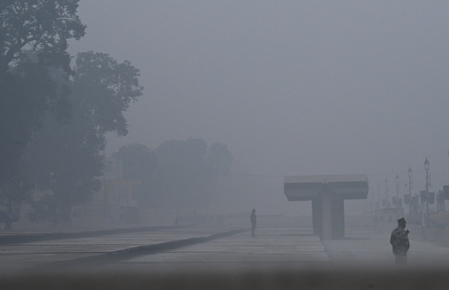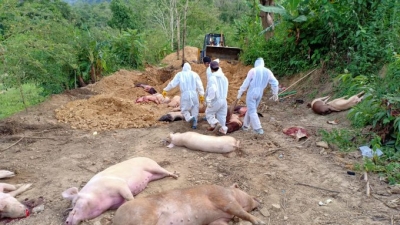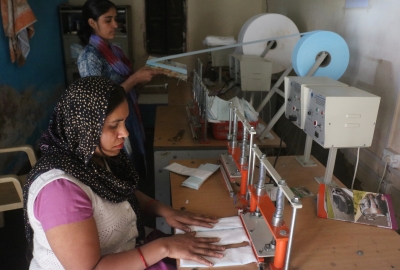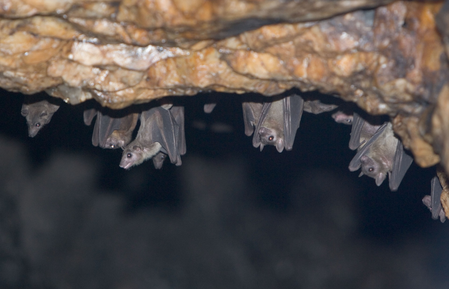
New Delhi, Dec 13 (IANS) The European Molecular Biology Organisation (EMBO) has selected 11 life scientists as newest members of the EMBO Global Investigator Network and five of them are from India, the government said on Friday.
Among the five Indian scientists, two are from the Regional Centre for Biotechnology (RCB), Faridabad – associate professors Dr Prem Kaushal and Dr Rajender Motiani.
While Dr Kaushal’s research focuses on protein synthesis in pathogenic microbes, Mycobacterium tuberculosis and Entamoeba histolytica, Dr Motiani’s research programme focuses on understanding the role of calcium driven inter-organelle crosstalk in skin pigmentation.
“I look forward to engaging and networking with some of the brightest life science researchers across the globe,” said Dr Motiani.
Dr Kaushal remarked, “I am grateful to EMBO for recognising our research work. It will help establish international collaborations and bring new technologies to the Regional Centre for Biotechnology.”
The EMBO Global Investigator Network supports young group leaders in Chile, India, Singapore and Taiwan.
The new global investigators will become part of an international network of nearly 800 current and former EMBO Global Investigators, Young Investigators and Installation Grantees, and will start in January 2025, according to Ministry of Science and Technology.
“We are excited to welcome the new EMBO Global Investigators. Their research highlights the universal language of discovery and provides diverse perspectives to tackle foundational research questions as well as global challenges,” said EMBO Director Professor Fiona Watt.
“We are delighted to support these outstanding group leaders in forming connections with scientists in Europe and around the world,” Watt added.
The new global investigators receive financial support for four years for networking activities and collaborations with local scientists and those in Europe.
RCB is an academic institution established by the Department of Biotechnology with regional and global partnerships synergising with the programmes of UNESCO as a Category II Centre.
–IANS
na/




